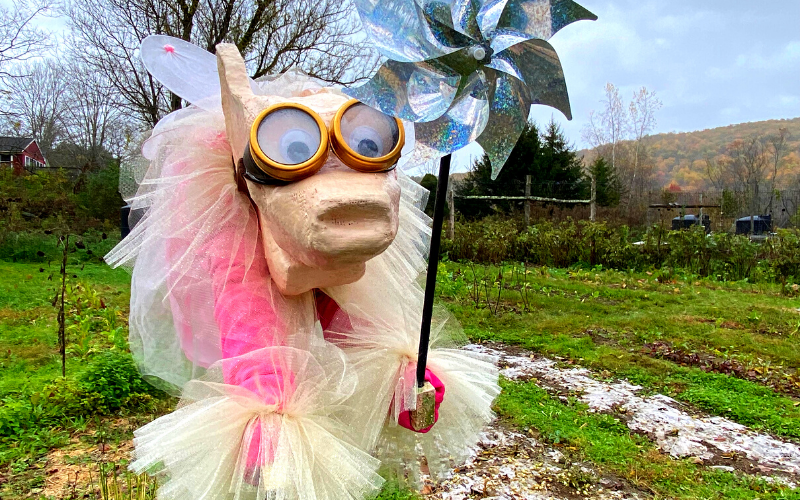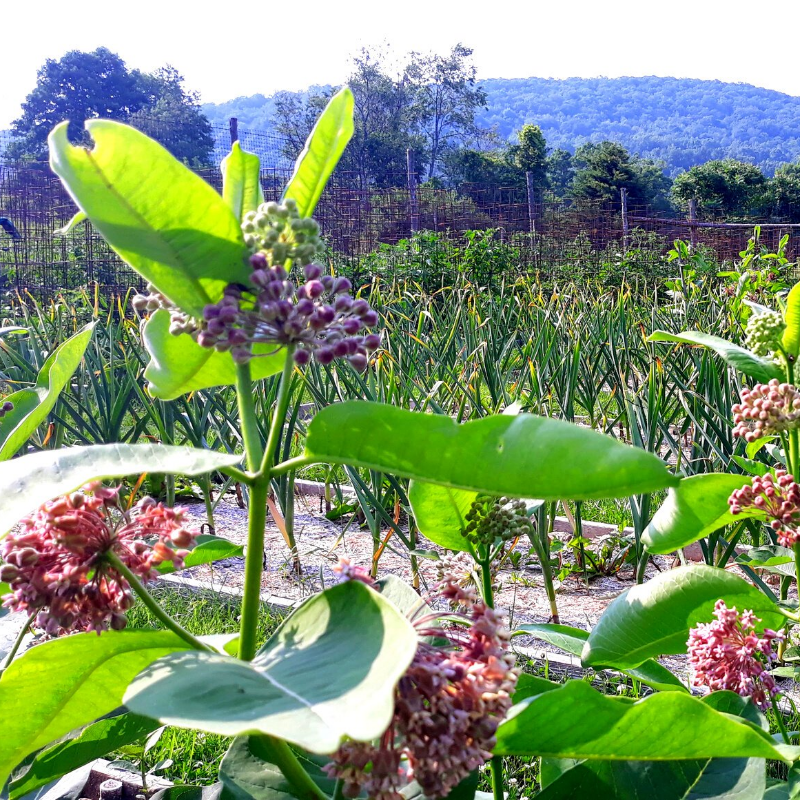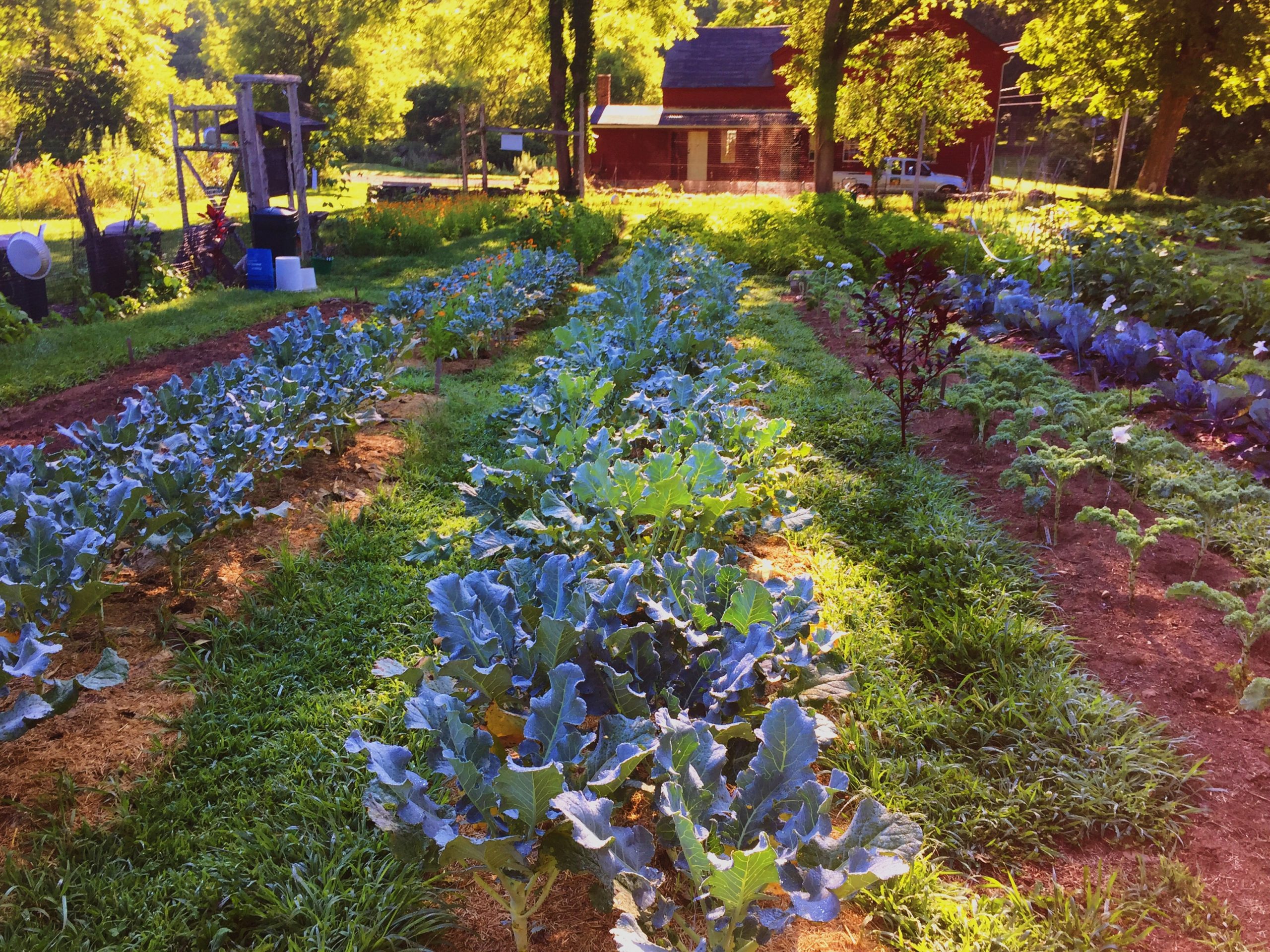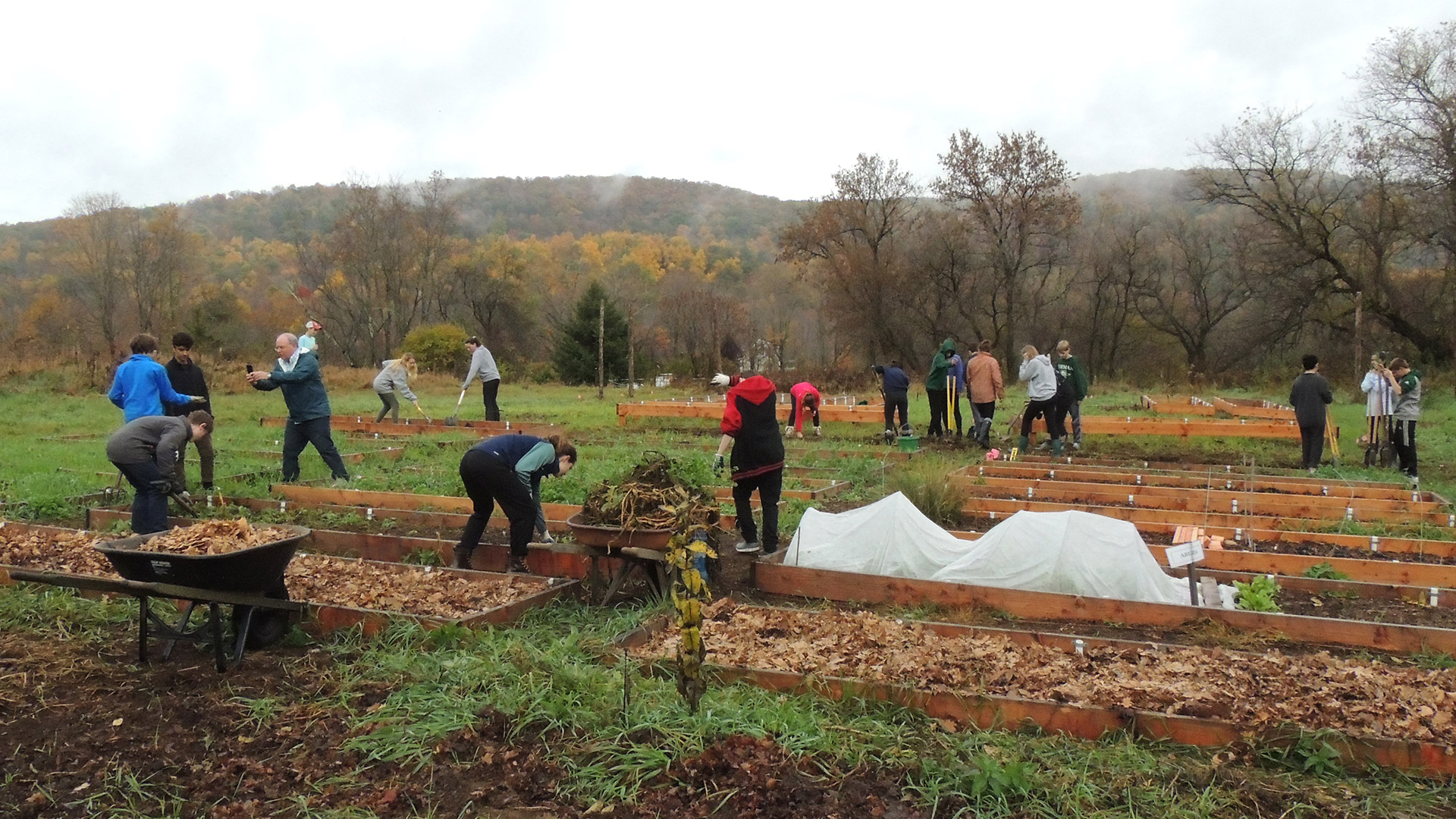Newsletter Subscription
Latest News
Climate Change in the Garden

April Showers Bring May Flowers?
Maybe not anymore. Climate change has shifted the weather patterns of old so that current gardeners can no longer rely on the patterns and rhythms of old.
In 2020, Judea Garden saw a hard, killing frost on September 19th. In 2021, that frost came on October 24th, over a month later and not nearly as hard. 2020 saw Connecticut’s hottest summer on record and one of its driest while 2021 was the eighth hottest and the third wettest. The problem is not just the extremes in heat and precipitation but the annual fluctuations which make planning for crops difficult.
These shifts in the weather do seem dire but we can lessen possible impacts by making changes now. As natural guardians of the environment, gardeners can make a difference by:
-
- Choosing an array of native plants to attract and support native pollinators.
- Selecting organic seeds grown in New England and acclimatized to our area for greater success.
- Keeping soil covered with plant material or mulch and practicing no-till methods to reduce the release of carbon
- Composting food scraps to reduce methane emissions in landfills.
- Reducing the use of gasoline powered tools by using human powered or rechargeable electric tools.
- Limiting the use of water during dry periods with enriched soil, mulches and drip irrigation.
- Planting trees to reduce carbon dioxide
Try to implement at least one of the above actions as you put your gardens to bed and plan to spend those winter months planning even more ways to slow climate change. Change is in our hands.





